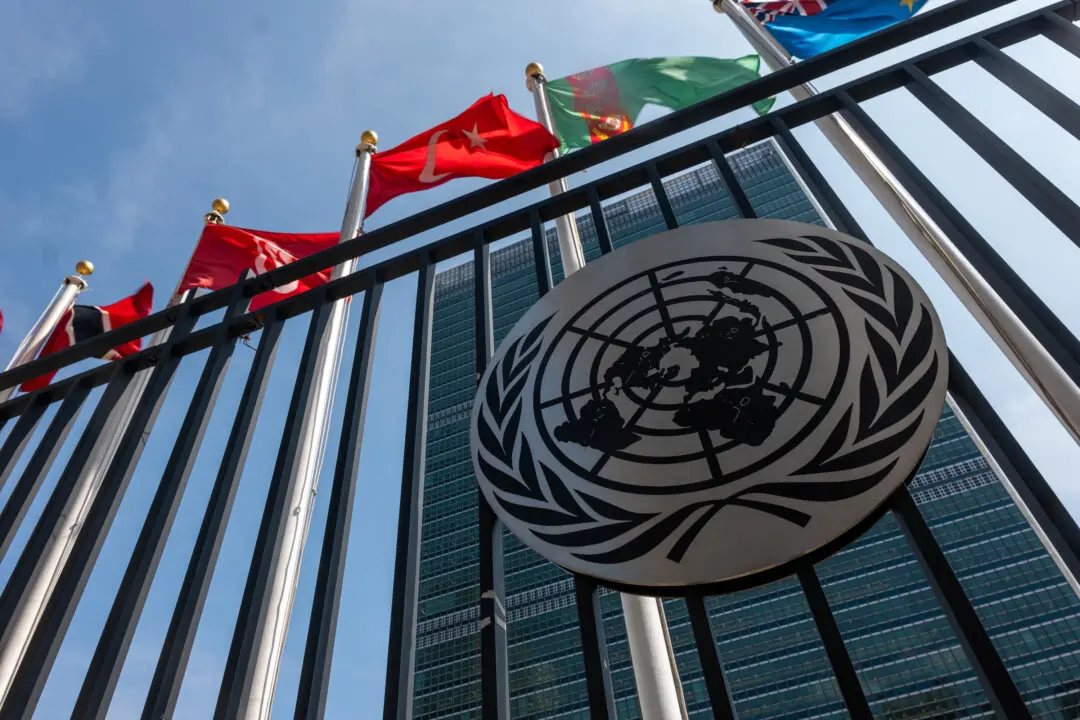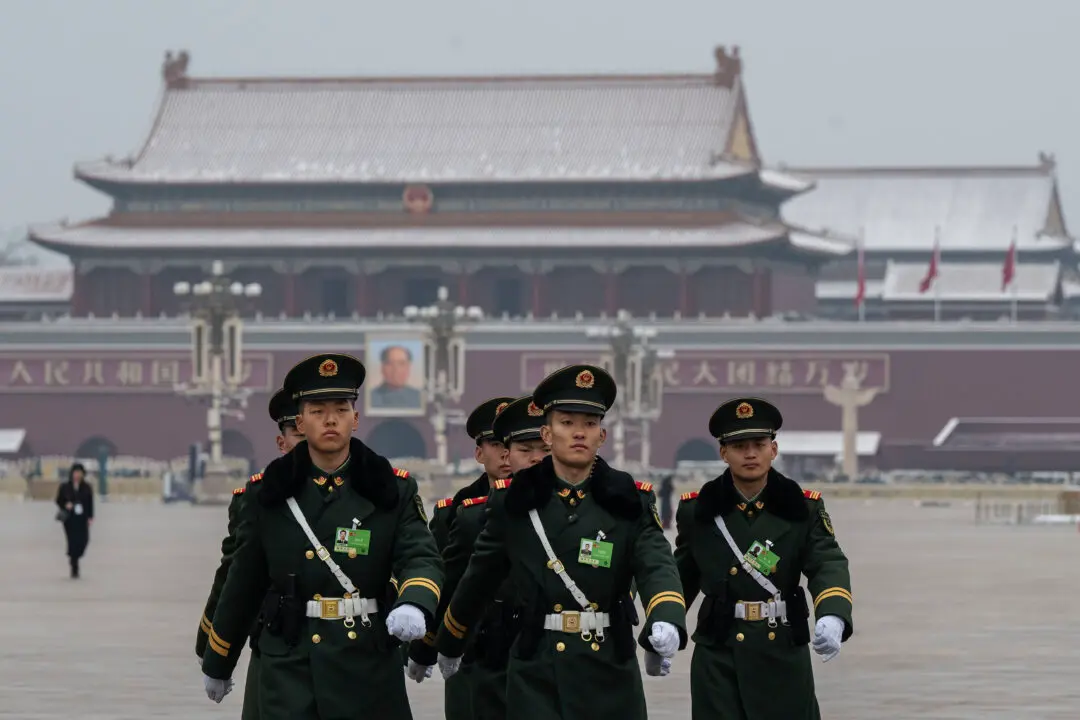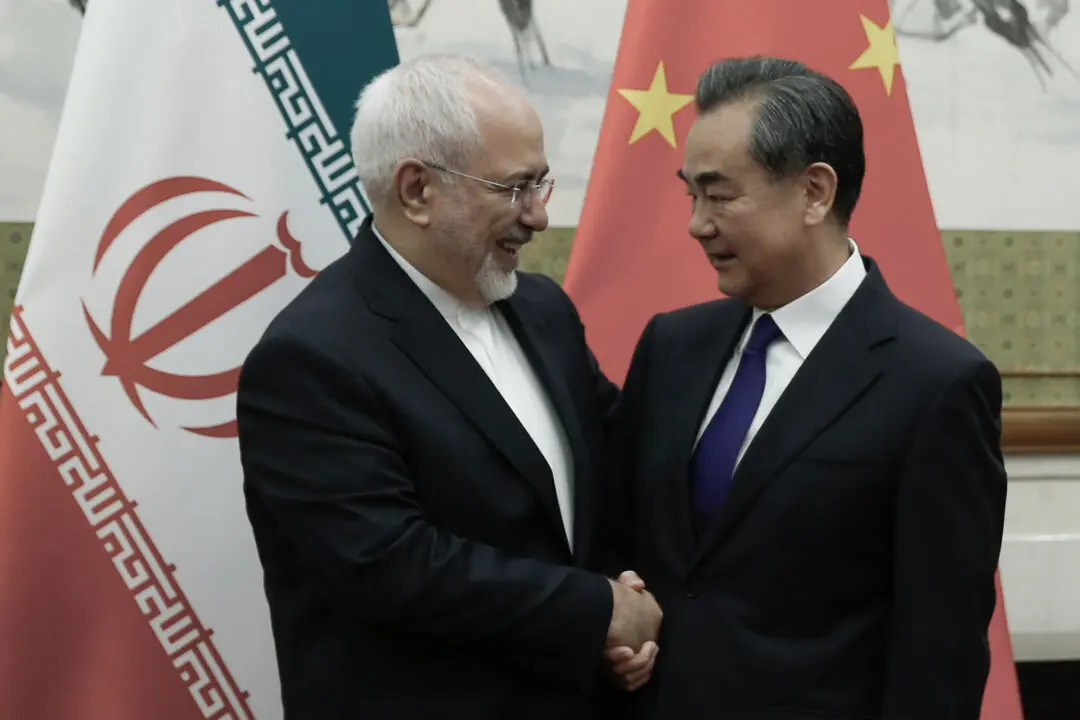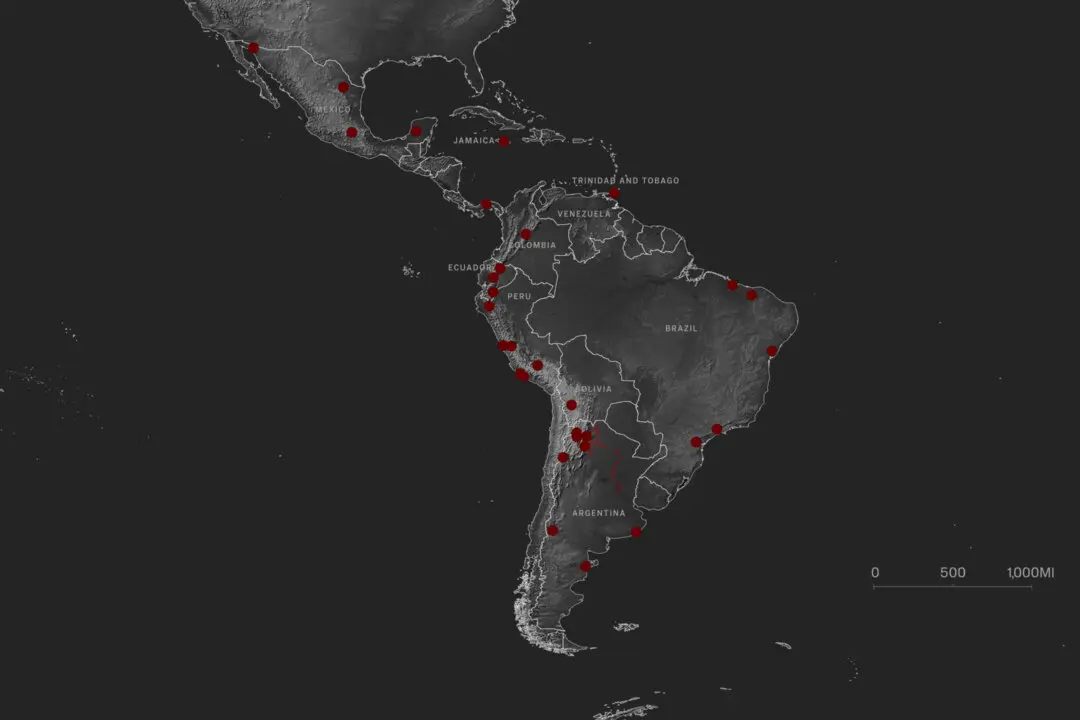NEW YORK CITY—The United Nations has again denied press credentials to several reporters from two U.S. media companies—The Epoch Times and its sister outlet, NTD—following a pattern over the past two decades that has raised concerns of Chinese influence behind the scenes.
Epoch Times senior White House correspondent Emel Akan traveled to New York City with the State Department press pool to cover activities attended by President Donald Trump and Secretary of State Marco Rubio during the U.N. General Assembly on Sept. 22.
Akan submitted her application for U.N. press credentials through the State Department and received an email telling her to pick up her press pass in New York City.
When she arrived on Sept. 22, a State Department official told Akan that the U.N. had rejected the application, using the excuse that it recognizes The Epoch Times as a nongovernmental organization, rather than a news organization.
“The Epoch Times is America’s fourth-largest newspaper. It is unacceptable that the United Nations caves to the Chinese Communist Party’s censorship efforts on American soil,” Epoch Times Editor-in-Chief Jasper Fakkert said in a statement on Sept. 23.
“We call on the United Nations to provide The Epoch Times with the press credentials it needs to do its job, which is to provide our readers with factual and impartial information.”
Escalating Campaign in US
The Epoch Times was founded in 2000 in the United States by Chinese Americans in response to censorship and human rights abuses in China. It is an independent news organization that now publishes in 22 languages across 33 countries.The first group of Epoch Times staff members in China were arrested and tortured, with several receiving 10-year prison sentences. Over the years, the newspaper has faced sustained efforts by the Chinese regime and its agents to shut it down. These have included attacks on the newspaper’s reporters and printing facilities in Hong Kong, as well as frequent cybersabotage.
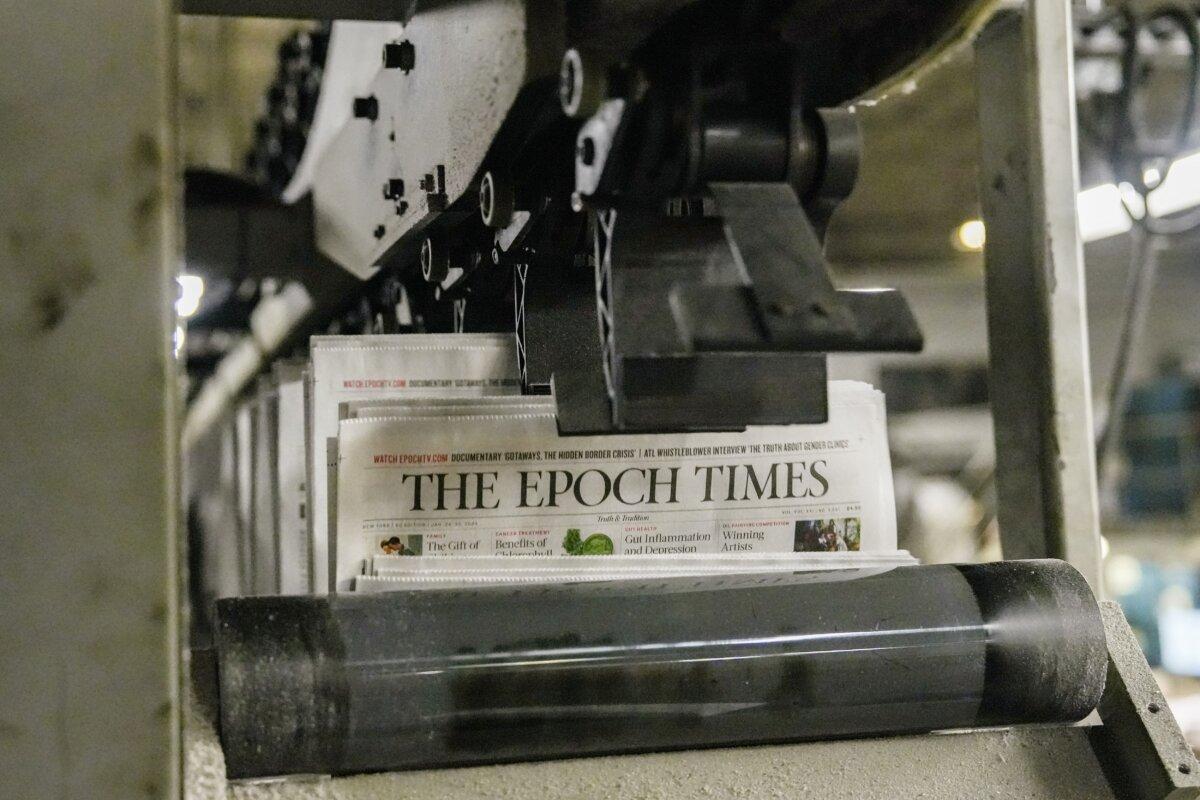
For years, Chinese authorities have put pressure on the U.N. to interfere with The Epoch Times’ reporting efforts.
In 2019, the U.N. also rejected Akan’s application to cover U.N. high-level meetings without explanation. When asked for more clarification via several emails, the U.N. failed to respond for two weeks; then the U.N. department of global communications replied from a generic email address, without a name attached. The person told Akan, “The outlet you applied with does not meet the requirements for news outlets.” The person declined to elaborate and ignored requests to appeal the decision, saying the agency considers applications on a case-by-case basis.
In 2003, after days of unanswered follow-ups, a U.N. press official in New York City told NTD that “pressure from the Chinese” had caused complications with its application to cover the Human Rights Commission events in Geneva. The same thing occurred again in June 2004, with a U.N. official acknowledging that the agency had received calls from Chinese officials about the broadcaster’s press access. The agency, after an initial rejection, eventually issued the credential.

Despite that, the U.N. had stalled and dismissed multiple attempts for the broadcaster to increase reporters covering the agency. The two reporters stationed at the U.N. found their activities constricted. The U.N. press officials, citing complaints from the Chinese delegation, restricted their reporting access at events where Chinese delegates appeared.
The Chinese regime’s influence over the U.N. manifests in other aspects. For years, the U.N. has barred Taiwan from participating in its forums, including the U.N. General Assembly and the World Health Organization, despite repeated urging from the United States and other countries.
The U.N. has also refused to accredit Taiwanese journalists.
“Everywhere you look, it is bad and getting worse, and they are doing a full-court press at the United Nations to cover it up,” Smith said.
The U.N. didn’t return multiple calls from The Epoch Times about the CCP’s influence over its decision to refuse credentials for Akan. A U.N. spokesperson directed The Epoch Times to the agency’s media accreditation office, which didn’t respond by publication time.
“The Epoch Times has faced a relentless decades-long campaign by the CCP to target its reporters, advertisers, and printing facilities. We will continue our commitment to freedom of the press,” Fakkert said.
